Product recalls in the automotive industry can significantly impact an automaker’s reputation. Recalls influence consumer trust, brand image, and the financial health of car manufacturers, making them a critical issue for the industry to address. Understanding these dynamics can help consumers and industry players navigate the complex landscape of automotive recalls.
Understanding Automotive Recalls
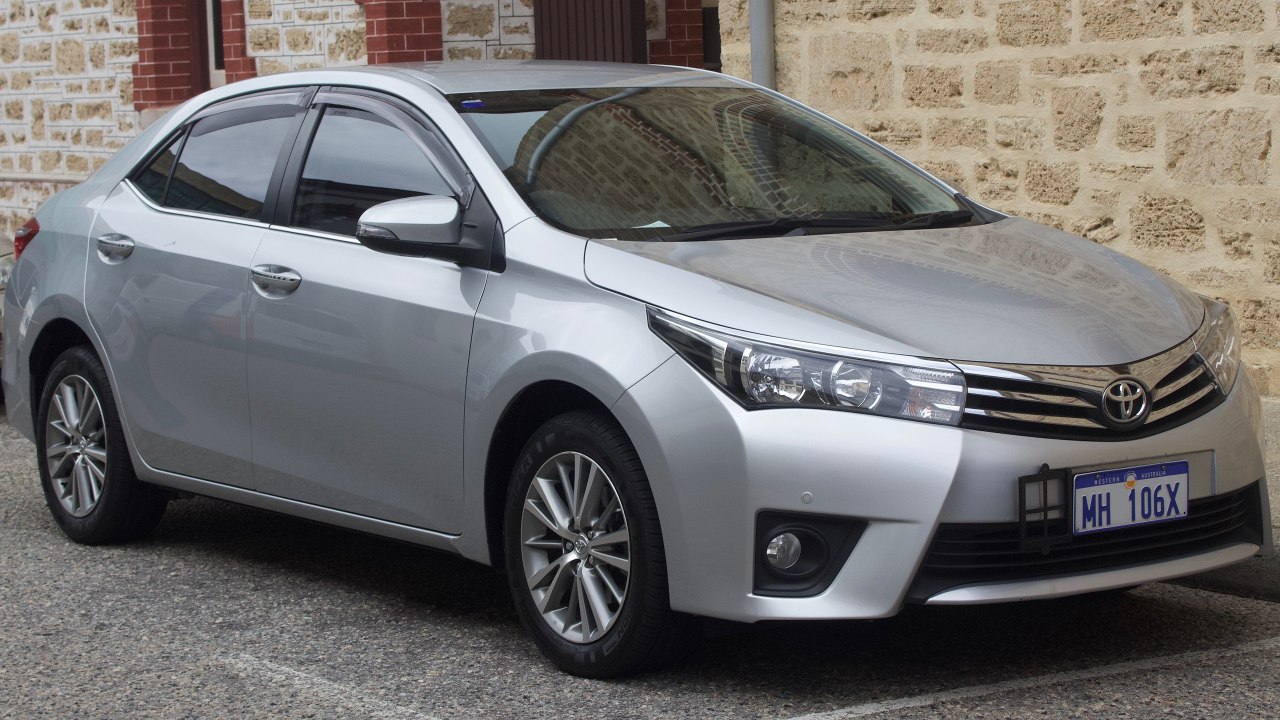
Automotive recalls are actions taken by manufacturers to address safety or compliance issues in vehicles. They can be broadly categorized into safety-related and non-safety-related recalls. Safety-related recalls address issues that pose a risk to vehicle occupants or other road users, such as faulty airbags or brake failures. Non-safety-related recalls might involve less critical defects, such as cosmetic issues or minor malfunctions that do not affect safety but still require correction.
Common reasons for recalls include manufacturing defects, design flaws, and problems with components supplied by third-party vendors. For instance, the infamous Takata airbag recall, which affected millions of vehicles across various brands, was due to defective inflators that could explode on deployment. Regulatory bodies such as the National Highway Traffic Safety Administration (NHTSA) in the United States play a crucial role in overseeing recalls. International counterparts like the European Union’s RAPEX system also ensure that safety standards are upheld globally, providing a framework for manufacturers to initiate and manage recalls.
Immediate Impact on Consumer Trust
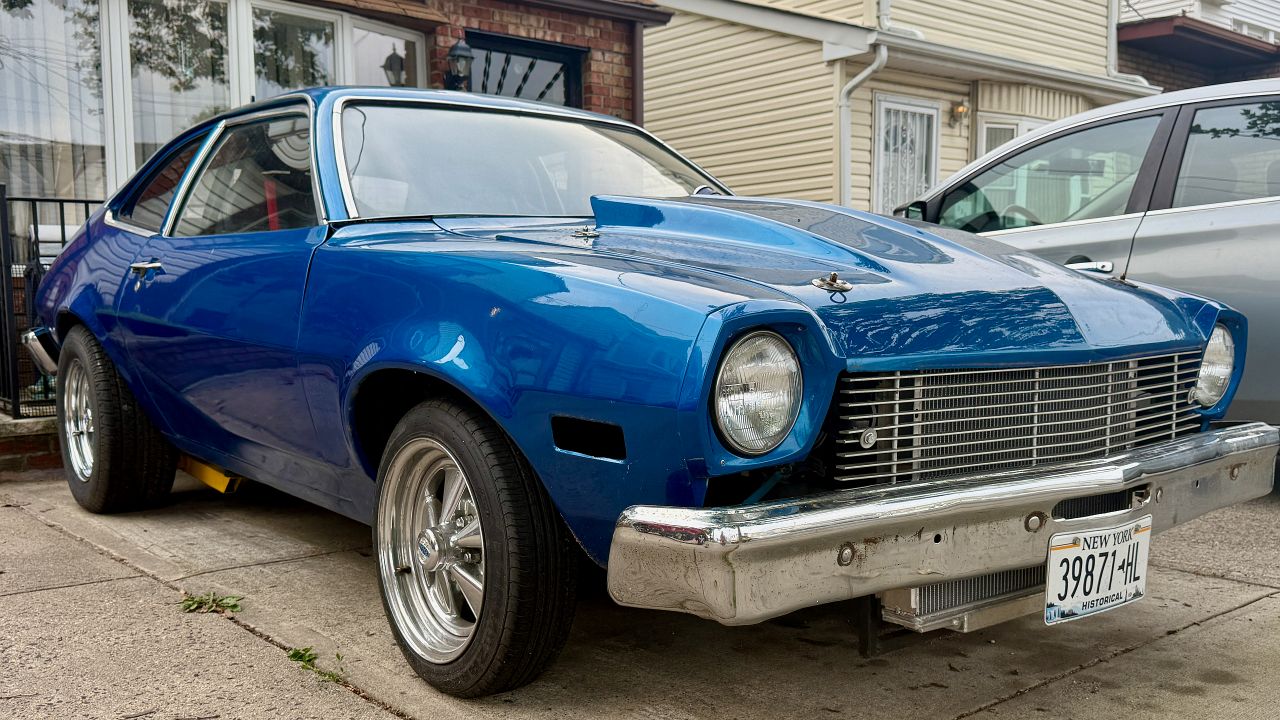
When an automaker issues a recall, it can lead to an immediate erosion of consumer confidence. Customers who purchase vehicles expect them to be safe and reliable, and a recall can shatter this trust. For example, Toyota’s recall crisis in the late 2000s, involving unintended acceleration, significantly affected its reputation for reliability. Although the company responded quickly, the damage to consumer trust was substantial and required years of effort to mend.
Repeated recalls can further tarnish a brand’s reputation, leading consumers to question the overall quality and safety of the automaker’s products. A recall can transform from a singular incident into a perception of systemic issues within the company, especially if a brand is known for frequent recalls. Case studies of major recalls, such as the Ford Pinto in the 1970s, highlight how consumer perceptions shift dramatically when safety becomes a concern, influencing purchasing decisions and brand loyalty.
Long-Term Effects on Brand Image
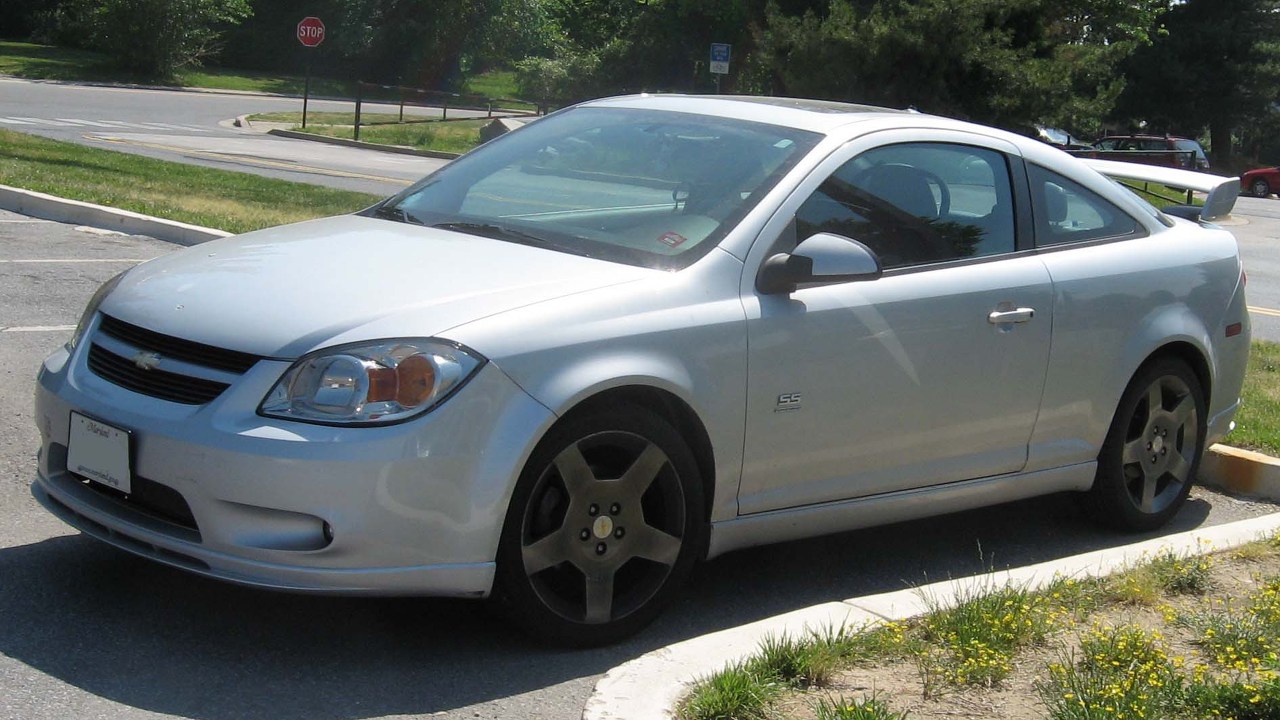
Automakers employ various public relations strategies to mitigate damage to their brand image following a recall. These include issuing public apologies, launching media campaigns to assure customers of their commitment to safety, and emphasizing their plans to prevent future issues. General Motors, for example, faced intense scrutiny following its ignition switch recall but managed to navigate the crisis with effective communication and a transparent approach to resolving the issue.
Rebuilding trust after a recall involves more than just addressing the defect; it requires a concerted effort to demonstrate accountability and transparency. Companies often implement quality assurance measures and invest in developing more robust safety features. Transparency, such as providing detailed information about the recall process and updates on corrective measures, helps to reassure consumers. A proactive stance, as demonstrated by Honda during its handling of the Takata airbag recall, can positively influence public perception by showing a commitment to customer safety.
Financial Consequences for Automakers
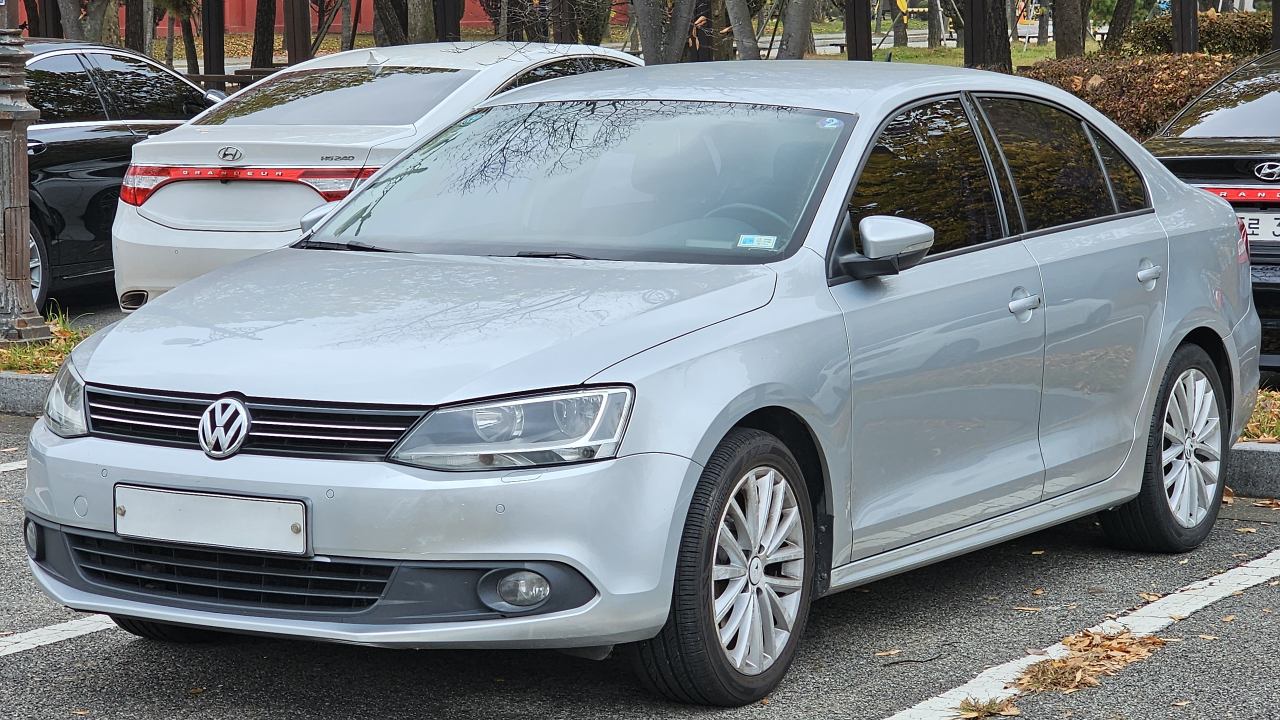
Recalls can have significant financial implications for automakers, both in direct and indirect costs. Direct costs include expenses for repairs, replacements, and legal liabilities associated with the recall. The financial burden can be substantial, as illustrated by Volkswagen’s “Dieselgate” scandal, where the company faced billions in fines and compensation costs.
Indirect financial impacts are equally severe, as brands may experience a loss of market share, decreased sales, and a diminished stock value. A recall can lead customers to switch to competitors, negatively affecting an automaker’s financial performance. To address these challenges, companies often invest in long-term strategies, such as enhancing quality control processes and fostering innovation to prevent future recalls. Ford, for instance, has focused on integrating advanced technology and rigorous testing to ensure higher standards of quality and safety in its vehicles.
The Role of Social Media and Media Coverage

In today’s digital age, social media plays a pivotal role in amplifying recall news. Platforms like Twitter and Facebook allow information to spread quickly, often reaching millions within hours. This rapid dissemination can magnify the impact of a recall, as was the case with the Tesla Model S fire incidents, where videos and posts went viral, leading to a heightened perception of risk.
Media scrutiny can shape public opinion, with journalists playing a crucial role in investigating and reporting on recall events. Detailed coverage in prominent publications can maintain the issue in the public eye, influencing consumer perceptions and decisions. Automakers, aware of the power of digital narratives, employ strategies to manage their online presence. By engaging directly with consumers on social media and providing timely updates, companies aim to control the message and minimize negative fallout. This proactive engagement is essential for maintaining a positive brand image during challenging times.
Like Fast Lane Only’s content? Be sure to follow us.
Here’s more from us:
*Created with AI assistance and editor review.

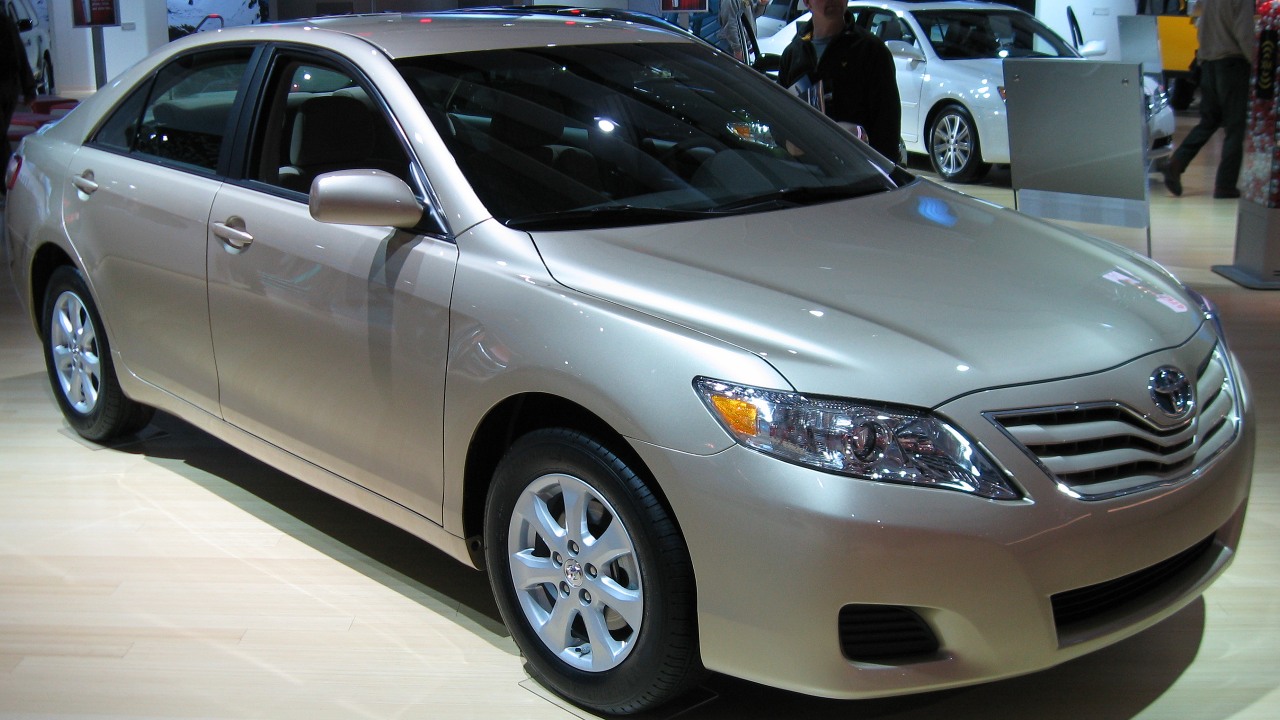
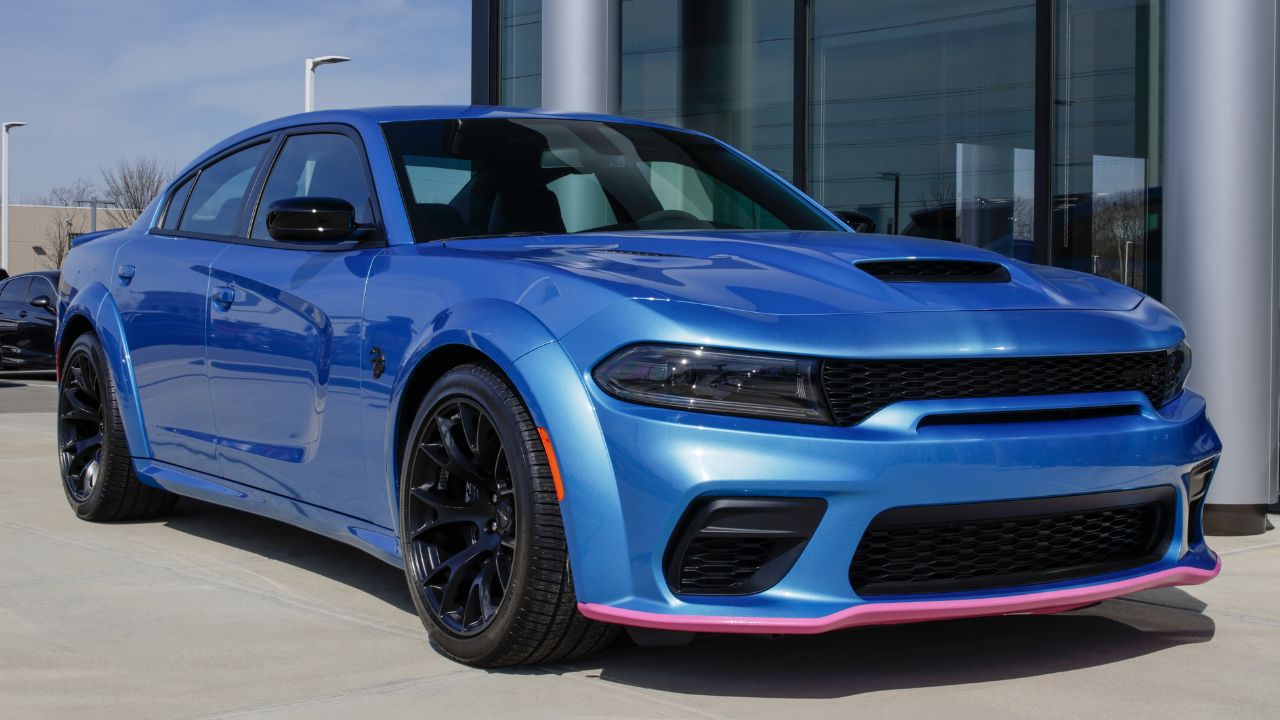
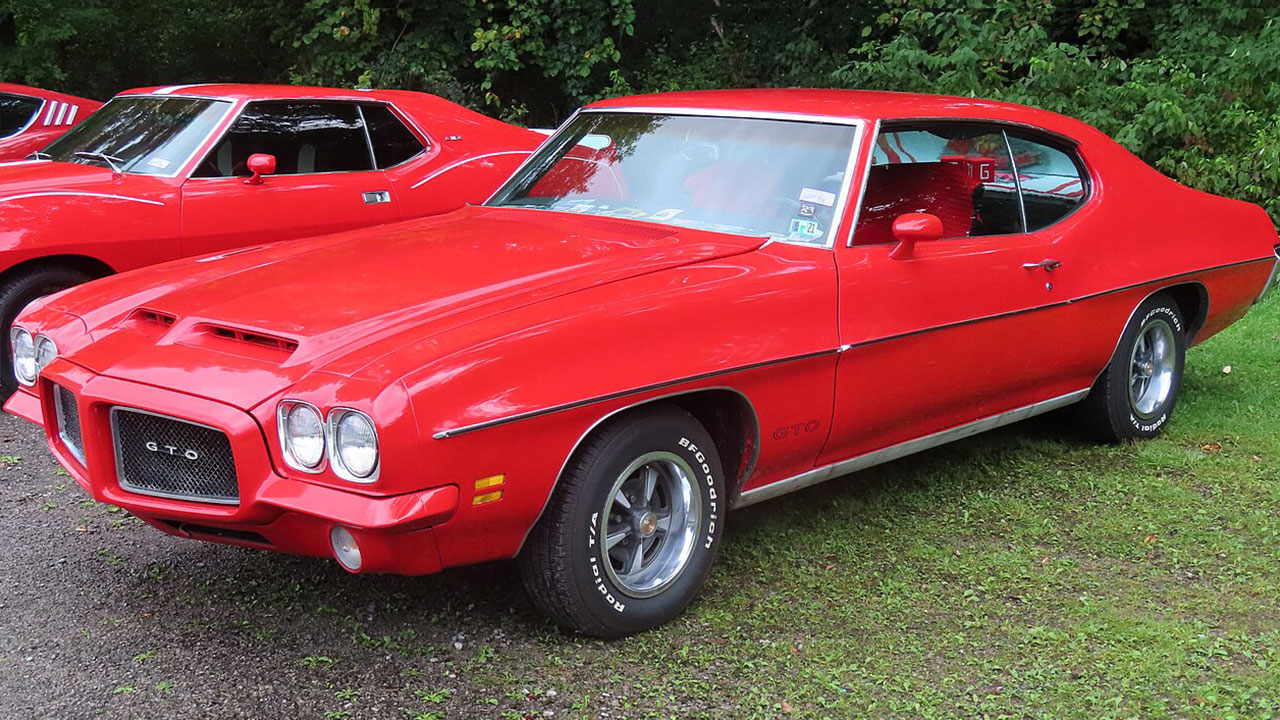



Leave a Reply